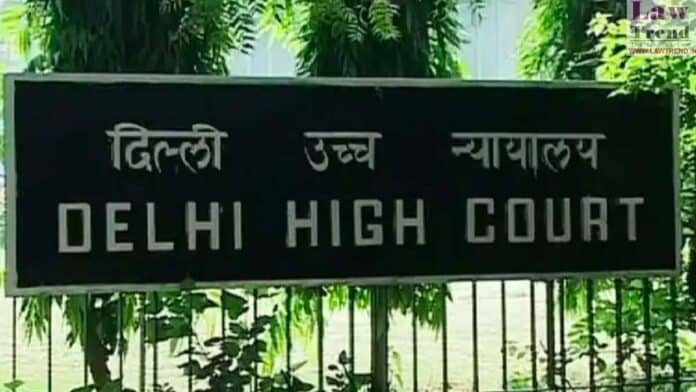The Delhi High Court has called for the Centre’s response regarding a Public Interest Litigation (PIL) against the alleged disclosure of a minor rape survivor’s identity in the Oscar-nominated documentary ‘To Kill A Tiger’. The film, which has stirred significant controversy, is available on Netflix and has been directed by Emmy-nominated filmmaker Nisha Pahuja.
The petition, filed by Tulir Charitable Trust, argues that the documentary unlawfully reveals the identity of a 13-year-old girl who was gang-raped in a village in Jharkhand. It contends that the film, which covers the father’s quest for justice over 3.5 years of shooting, failed to mask the minor’s face and even displayed her in her school uniform. This, the petition asserts, is a direct violation of the Protection of Children from Sexual Offences (POCSO) Act, which mandates the anonymity of minor rape victims.
During the proceedings, the bench led by Acting Chief Justice Manmohan and Justice Tushar Rao Gedela issued notices to the Centre, Pahuja, and Netflix. They declined to stay the streaming of the film at this stage, noting that it has been publicly available in India since March. The court has set the next hearing for October 8.
The petitioner’s counsel highlighted that despite the extensive filming period, no efforts were made to protect the girl’s identity, suggesting the girl could not genuinely consent due to a “kind of Stockholm syndrome.” In contrast, counsel for one of the respondents argued that the film was made with the consent of the girl’s parents and her own consent post-majority, defending the right of the individual to share her story once legally an adult.
Also Read
This case raises significant questions about the balance between storytelling and legal compliance, especially concerning minors’ rights in sensitive cases. The counsel for the private respondents suggested that accepting the petitioner’s arguments would imply that no book or film could ever be made about such incidents, challenging the intent of legislative protections meant to shield minor rape victims without stifling dialogue on critical social issues.




